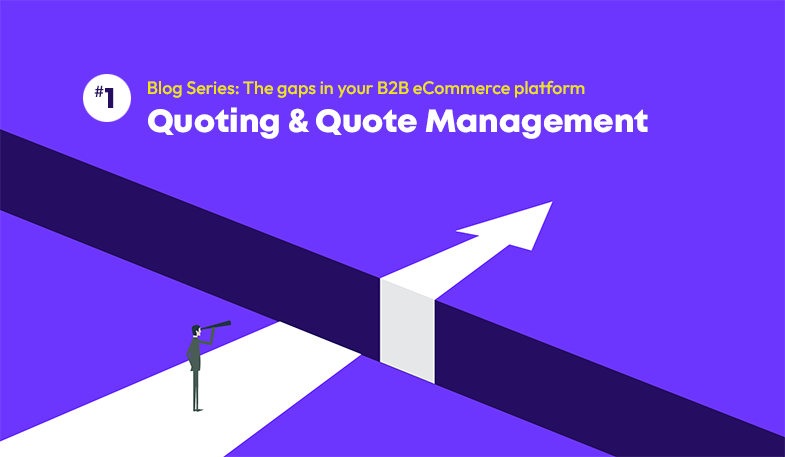Why Your CMS Needs a Facelift

Content management systems (CMS) are critical components in creating and maintaining websites, especially for eCommerce sites.
They allow companies to update website content, like adding product catalogs, transaction management, and fluid inventory functionalities, regardless of technical knowledge.
Unfortunately, as technology continues to advance, CMS software becomes outdated and will require a much needed upgrade.
Here are some basic yet vital signs that your CMS needs a facelift.
Your Security is the Bare Minimum
Online security is a continuous issue that has become a hot topic in the eCommerce realm due to the recent string of hackings.
Yet, if your site hasn’t experienced a security breach, you shouldn’t be worried about upgrading your current security settings, right?
Wrong.
According to a report from Menlo Security, 1 in 3 websites are vulnerable to hacking or have already been hacked. They also found that 22% of websites are using outdated infrastructures.
In addition, discovering whether a site is vulnerable isn’t hard to find out as the underlying infrastructure is provided to any browser that asks for it. This makes pinpointing hacking targets easy and outdated security measures do not stand a chance.
Basic website security also affects the consumer’s view of your company. Despite using the Internet for daily tasks, the NCC Group found that internationally, 77% of consumers do not feel that they are safe while making online transactions.
Upgrading your CMS eCommerce software makes your site safer and stronger as well as more reliable with buyers.
There are multiple ways to do that. You can add an SSL (secured socket layer) to your site, which protect information using encryption or a trust badge, which will display on your site for consumers to see. Or you could also increase password protection restrictions.
Your Company has Grown
If you’re still using the same CMS you started your business with, you may need to reevaluate it, especially if you started as a small business and have grown significantly.
Small businesses have different needs than larger ones, and an outdated CMS may harm the growth you’re experiencing moving forward.
If your business has grown through some rebranding, added new services, or product lines have expanded, the small business CMS originally implemented will limit your ability to grow.
As the nature of your company evolves, so should your eCommerce software. It needs to reflect your business and giving your software a facelift helps to symbolize that.
Your Key Features are Outdated
As new CMS software is released, platforms continue to evolve and advance in complexity. If your platform prevents you from incorporating new key features, it’s time to upgrade.
Not incorporating new features can affect both the shopper and the back-end user’s experience.
As the eCommerce competition becomes more aggressive, offering the newest shopping capability help to attract and keep consumers to your site. Simple features such as mobile applications, product reviews, or live chat add to the appeal of your site.
Integrating new features is a necessity in order to make the back end usage more streamlined, but an outdated CMS will prevent that and create problems.
In addition, the APIs used to extend the platform’s functionality change often and the older versions are deprecated. This means that part of the site may cease functioning and will affect site performance.
Giving your CMS software a facelift can address these issues and help incorporate new features faster than your competition.
Conclusion
Revamping your CMS eCommerce software may seem trivial, but as we’ve seen, using an out-of-date platform can become more costly in the long haul.
In the end, a platform that provides the ability to constantly adapt to changing business and consumer needs, will consistently lead to a better ROI for that business.
For more a more in-depth look at how CMS software can improve usability, check out our 4 Ways Personalization Improves User Interaction blog.
Resource Center

A new blog series about the critical eCommerce capabilities missing in most eCommerce platforms for B2B companies. #1: Quoting & Sales Support

A closer look from the Ultra perspective on what we really mean when we talk about headless commerce and why it may not be right for every company.

Davis Art is now the only online K-12 publisher dedicated to the arts, creating top-notch curriculum and resources for art educators nationwide, all from the Ultra Commerce platform.
